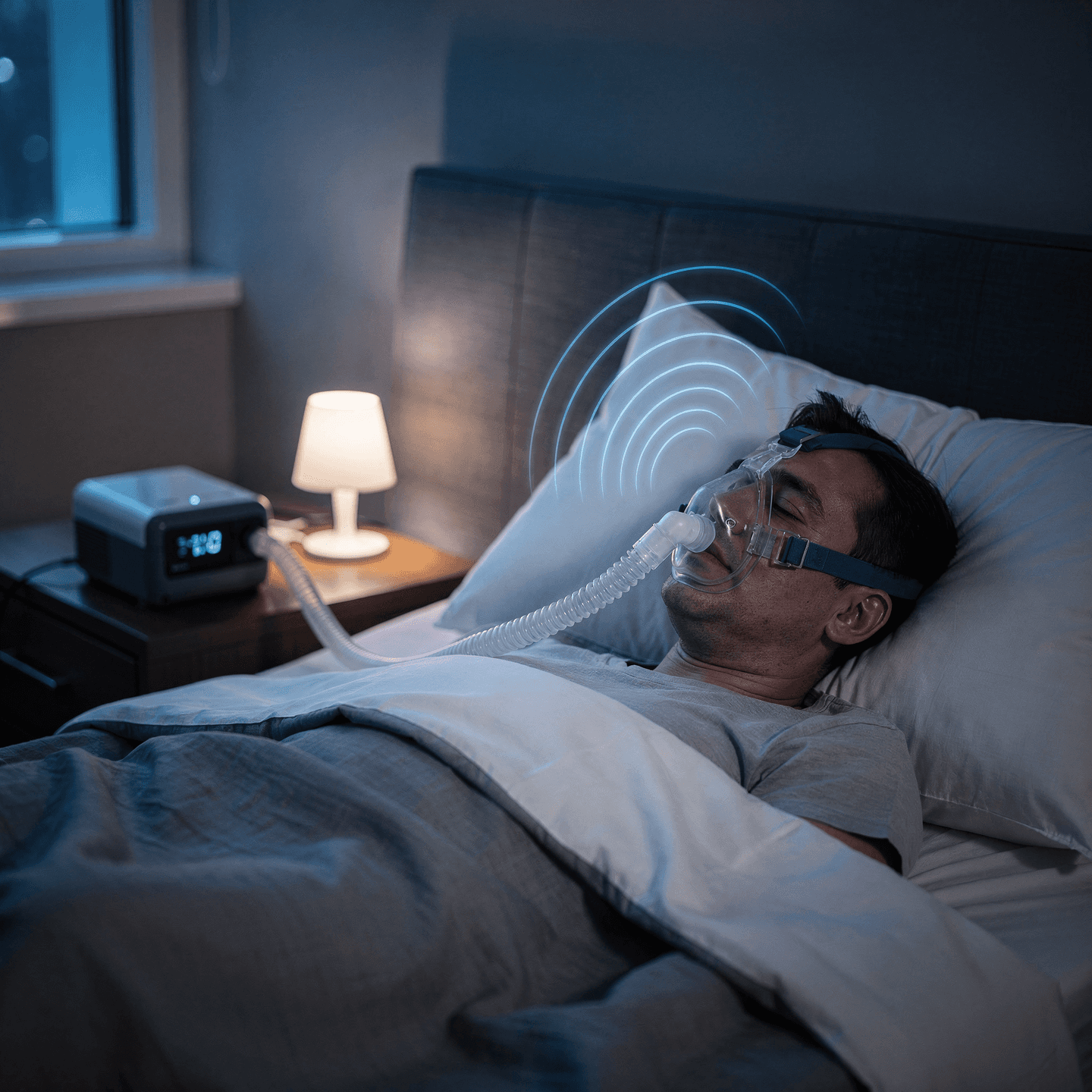Aug 10, 2024
Sleep Apnea & Effects
Sleep apnea is a serious sleep disorder characterized by frequent interruptions in breathing during sleep. These interruptions can last from a few seconds to minutes and can occur several times per hour. This can lead to a host of negative effects on both mental and physical health.
Mental Health: Sleep apnea can lead to depression, anxiety, and irritability due to the lack of quality sleep. It can also cause memory problems, mood swings, and difficulty with concentration and decision-making.
Physical Health: Sleep apnea can also increase the risk of heart disease, stroke, and high blood pressure. Additionally, it can cause headache, fatigue, and daytime sleepiness, as well as a reduced ability to focus and increased risk of accidents.
Diagnosis and Treatment: Sleep apnea is typically diagnosed through a sleep study, where a person's sleep patterns are monitored. Treatment options include lifestyle changes, such as weight loss, avoiding alcohol and sleeping on your side, and using a continuous positive airway pressure (CPAP) machine. In some cases, surgery may be recommended.
It's important for individuals with sleep apnea to seek treatment, as it can help improve the quality of their sleep and reduce the negative effects on mental and physical health. If you suspect you may have sleep apnea, it is important to speak with a doctor to receive a proper diagnosis and treatment plan.
The Epworth Sleepiness Scale (ESS) is a self-administered questionnaire used to measure a person's level of daytime sleepiness. The scale is widely used by healthcare professionals to assess the likelihood of someone having a sleep disorder, including sleep apnea.
The ESS consists of 8 questions that ask the individual to rate their likelihood of falling asleep in various everyday situations, such as sitting and reading, watching TV, or riding in a car. Each question is rated on a scale of 0 to 3, with 0 indicating no chance of dozing off and 3 indicating a high likelihood of dozing off. The total score is calculated by summing up the ratings for each question, with a higher score indicating a higher level of daytime sleepiness.

A score of 10 or higher on the ESS is generally considered to indicate excessive daytime sleepiness and may warrant further investigation, such as a sleep study, to determine if there is an underlying sleep disorder.
The ESS is a quick and simple tool for assessing daytime sleepiness, but it should not be used as the sole diagnostic tool for sleep apnea or any other sleep disorder. A proper diagnosis can only be made through a comprehensive evaluation by a healthcare professional.

